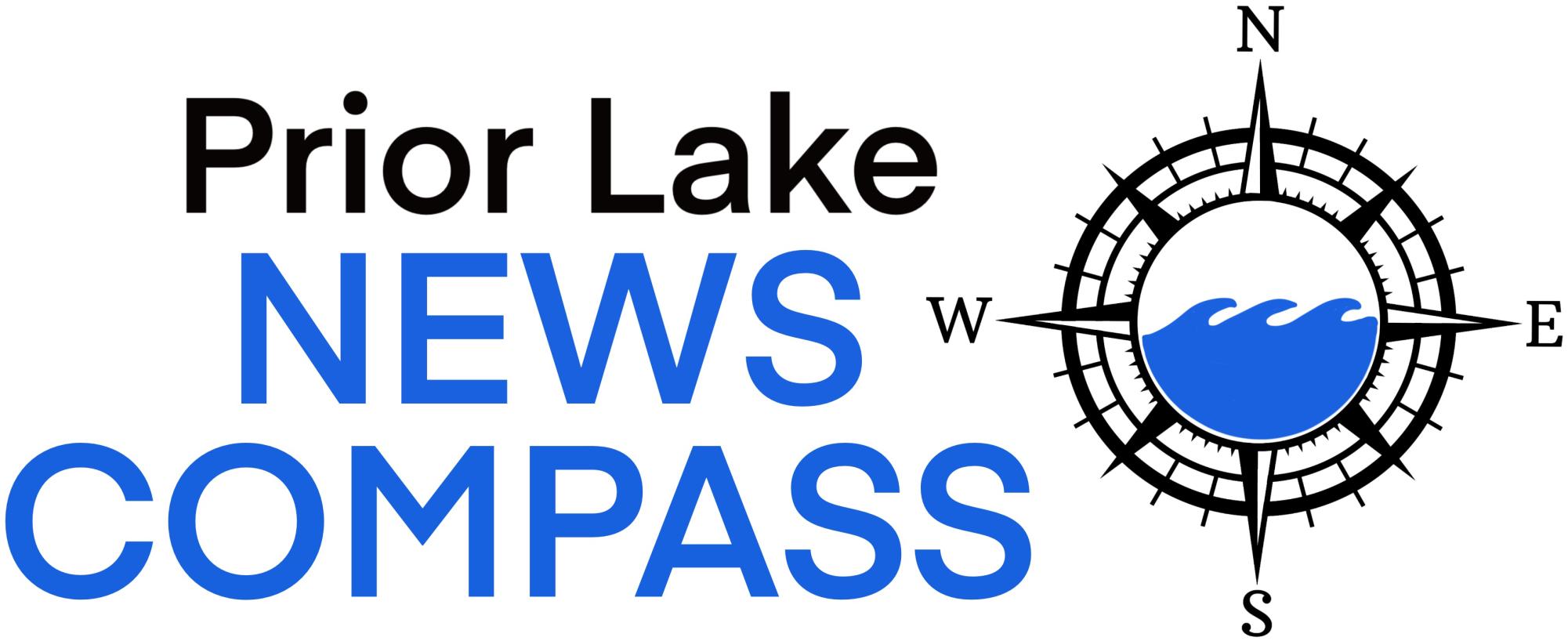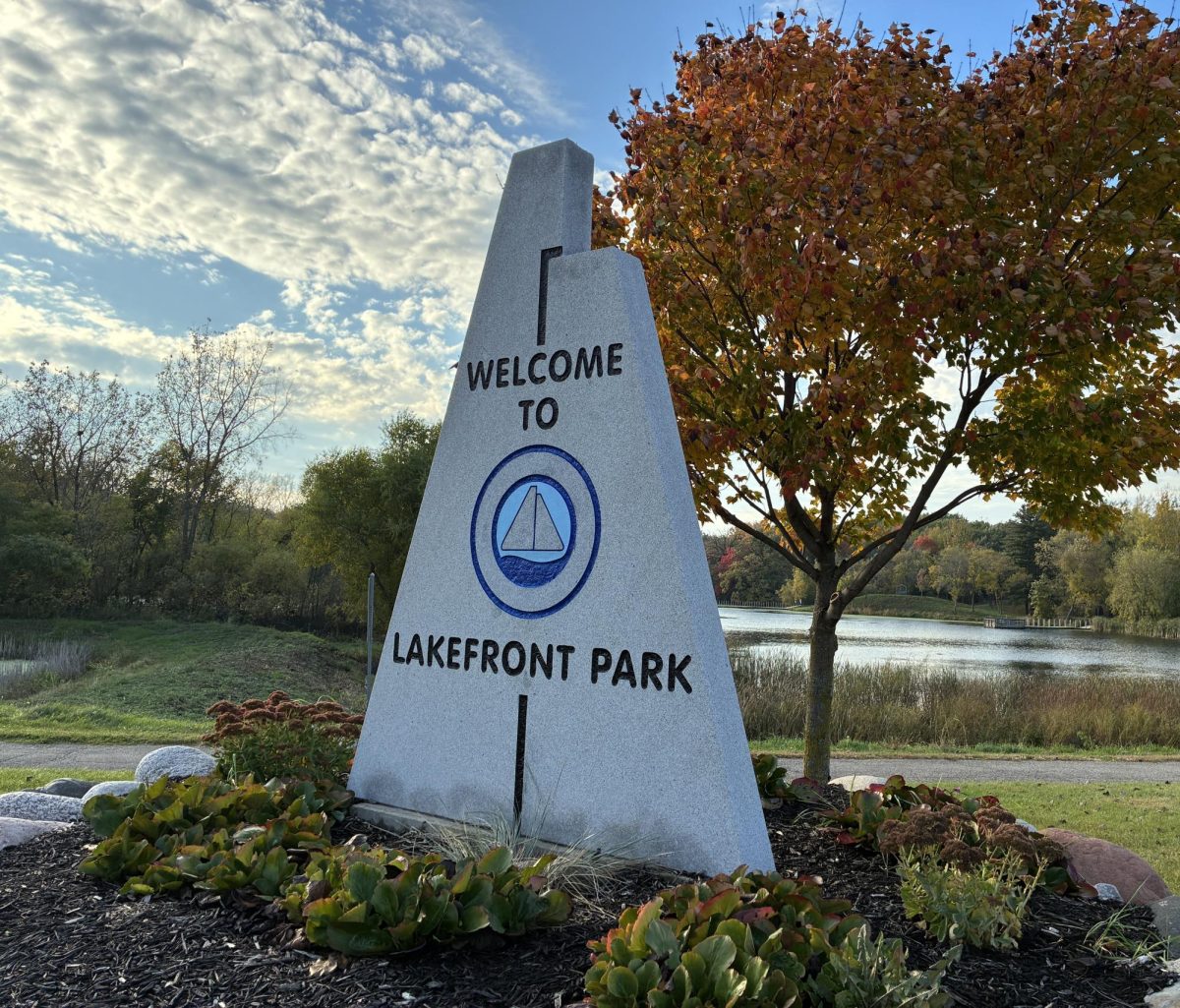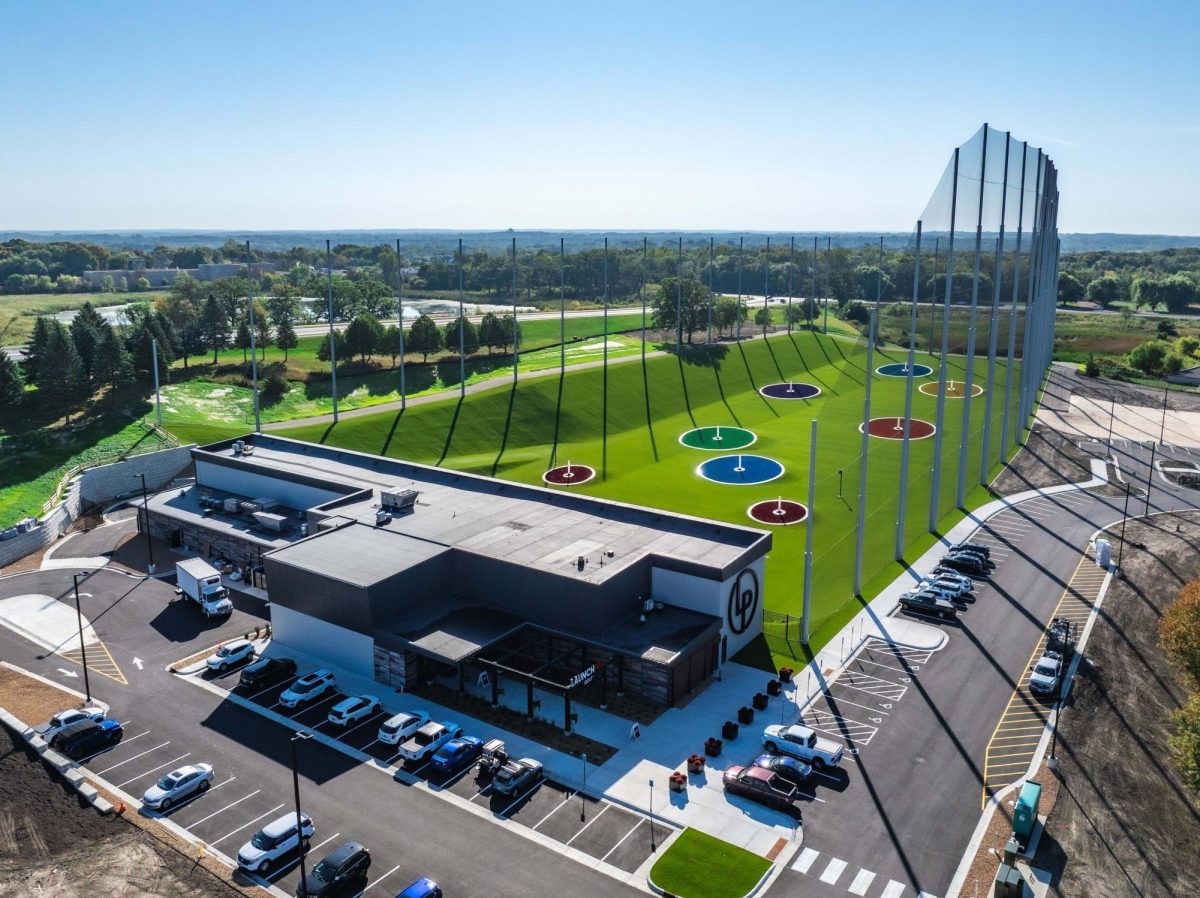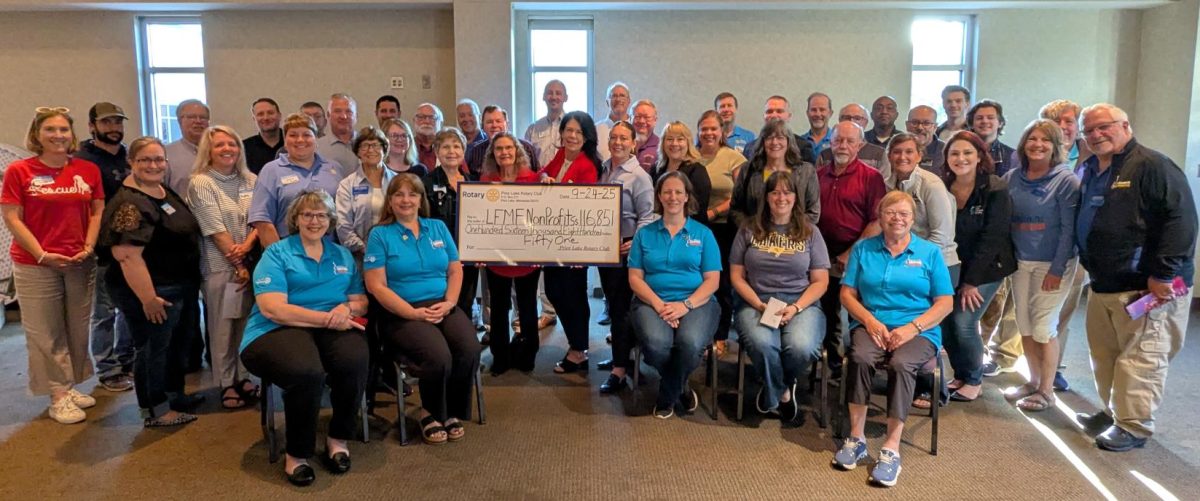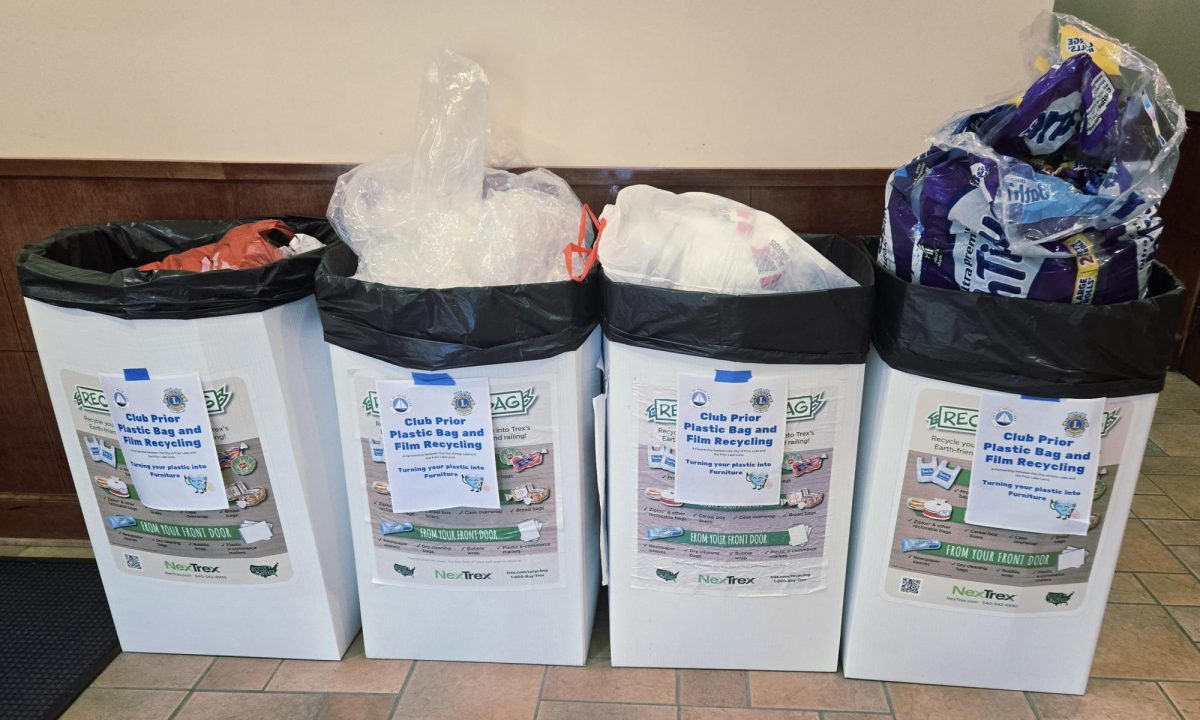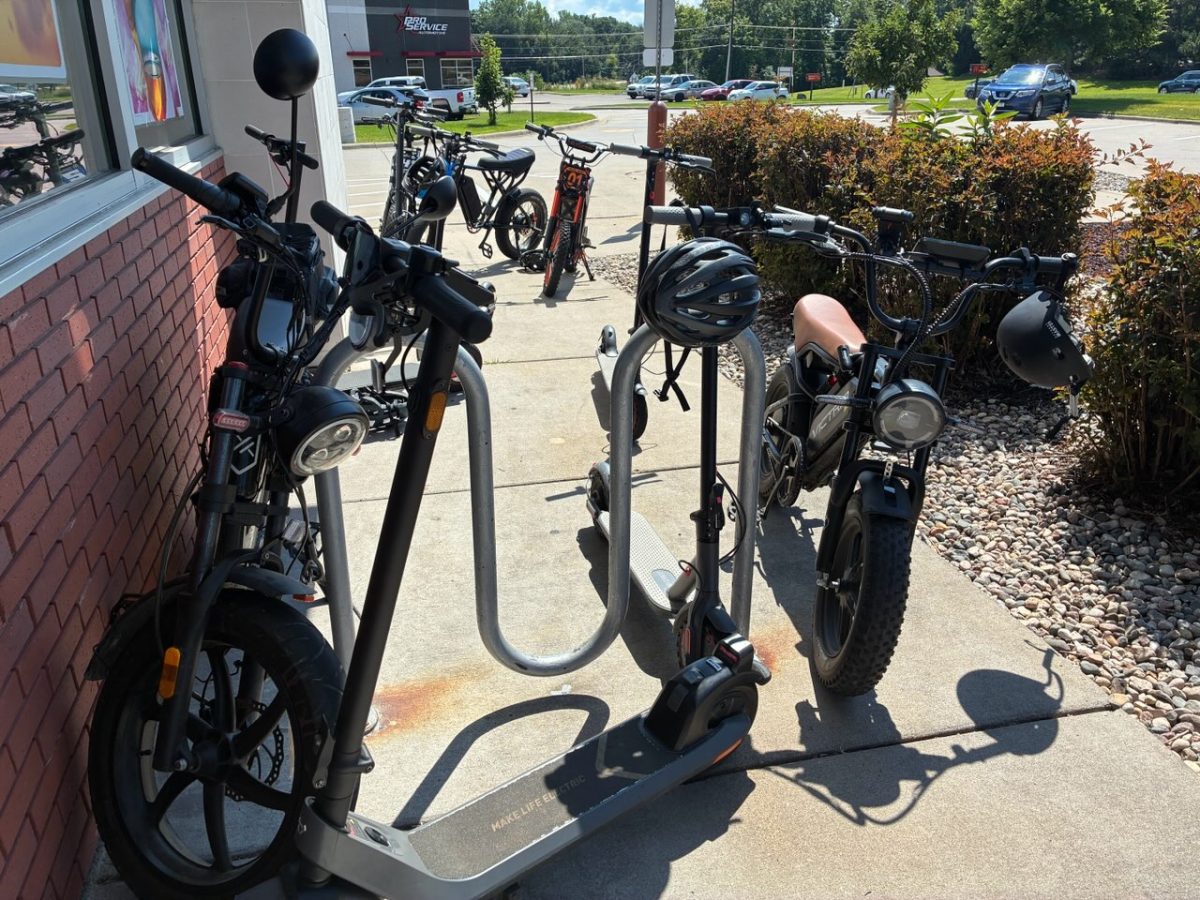Prior Lake residents will have an opportunity on Nov. 4 to vote on a $60 million proposed parks and trails bond referendum that would fund improvements across the city’s park system.
Since 2018, city staff has worked on developing a long-term improvement plan while seeking resident input on priorities for implementation. The city’s overall system need was estimated at $115 million, but the proposed bond would address the highest-priority projects within that total, according to City Manager Jason Wedel.
Wedel added that of the $60 million referendum total, cost estimates reflect phased implementation and prioritizing critical needs first with construction planned over the next five-year period.
As with any referendum, the costs to taxpayers are identified prior to voters going to the polls. If passed, the estimated maximum tax impact to a taxpayer who owns a home with a median value of approximately $433,600 would come to around $22 per month once the full bond amount is phased in by 2031, Wedel said.
Prior Lake’s parks and trails are popular and used extensively by local residents, according to a recent survey conducted by the city, which found most have visited one of Prior Lake’s parks or trails connected to one of 15 lakes located in city boundaries within the past year. The larger parks (Lakefront, Ponds and Thomas Ryan) also attract thousands of visitors each week during the spring, summer and fall seasons who attend youth sporting events.
“Many of Prior Lake’s parks and amenities such as playgrounds, shelters, trails, courts and athletic fields were built 25 years ago and are now reaching the end of their useful life,” Wedel said. “Even with regular maintenance, many facilities are due for replacement or major upgrades to remain safe and functional for community use.”
Priority projects identified in the referendum include the following costs and upgrades:
- Neighborhood parks, $10-$12 million, which would be used to improve up to 15 neighborhood parks to ensure every city resident has an updated park within a half-mile from their home. In most instances, this would include updated playgrounds, fields and park buildings.
- Trail system upgrades, $9-$11 million, with funding to be used to close trail gaps along Highway 13, enhance safety and accessibility throughout the trail system and improve trail connectivity to regional destinations. The Highway 13 trail project has already started with the first segment running from County Road 42 to Oakland Beach. The city was successful in applying for and receiving more than $1.5 million in federal funding for two of the five segments. Additional external funding opportunities will be pursued in the form of grants, allocations and direct spending.
- Spring Lake Park, approximately $20 million, which would include site preparation, road and parking updates, upgrades to trails and sidewalks, adding eight pickleball courts, expanding athletic opportunities and building new park structures (restrooms, warming house and park shelters).
- Lakefront Park, approximately $20 million, with expanded parking, a new road built to the beach that would be ADA-accessible, enhanced lighting, upgrade to Watzl’s Beach, more tennis and pickleball courts, a new adventure playground and splash pad, pavilion upgrades, new basketball courts and a new skatepark, a new winter warming house, summer rental facility, ice skating area with lighting, updated trails and a disc golf course.
Wedel said sections of the city experienced housing spurts at the same time and development of nearby neighborhood parks soon followed. Playgrounds, park shelters, fencing, trails and courts all require replacement over time, and with so many parks aging at once, numerous needs are emerging simultaneously. The city’s five-year Capital Improvement Program that is intended to fund maintenance and upgrades for public infrastructure, including parks, is unable to meet future needs.
“Many amenities within our neighborhood parks are reaching a similar stage in their lifespan,” Wedel said. “The number of improvements needed across the park system has outpaced what the current plan can address, largely because so many facilities were developed around the same time and are now aging together.
Without addressing those needs, certain amenities may need to be removed as they become unsafe and until funding allows for replacement, Wedel said, adding that the 2025 budget for park equipment was $535,000. At the present rate, it would take more than 100 years to address all of the items identified in the proposed referendum.
“This isn’t a plan imposed on the community — it’s one shaped by the community. The city has intentionally put the decision in the hands of residents,” Wedel said. “The referendum gives them the opportunity to decide whether these parks and trail investments should move forward through dedicated funding.”
Mayor Kirt Briggs said he hoped for high turnout for the referendum to ensure Prior Lake residents have their say.
“Each vote will be a voice into the implementation plan for the future of our parks,” Briggs said.
Early and absentee voting for the city parks referendum and the school board race has already begun. Residents can submit their ballot before the Nov. 4 election weekdays between 8 a.m. and 4:30 p.m. at Prior Lake City Hall.
On Election Day, polling hours are 7 a.m. to 8 p.m. Prior Lake residents should vote at their normal polling location.
